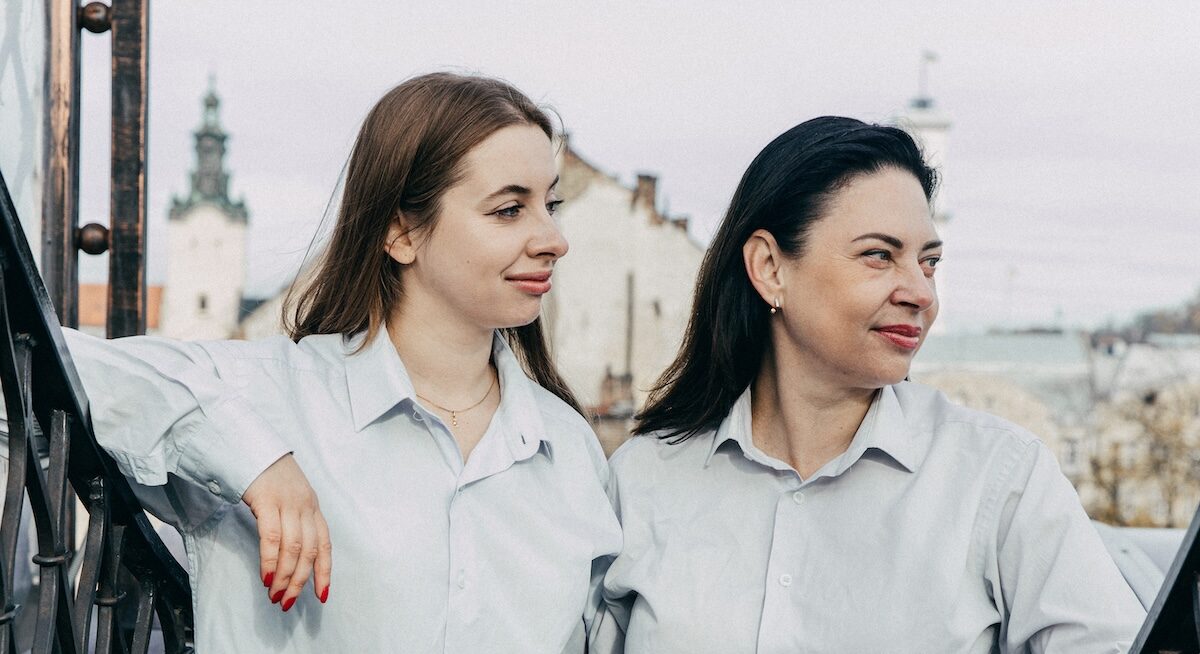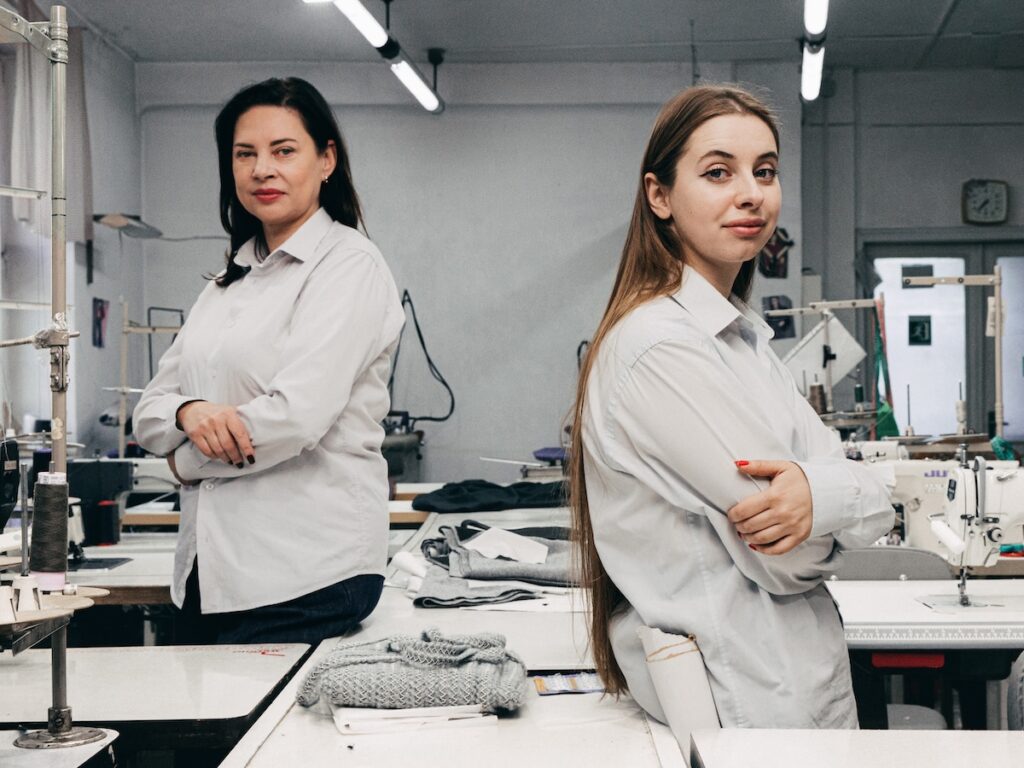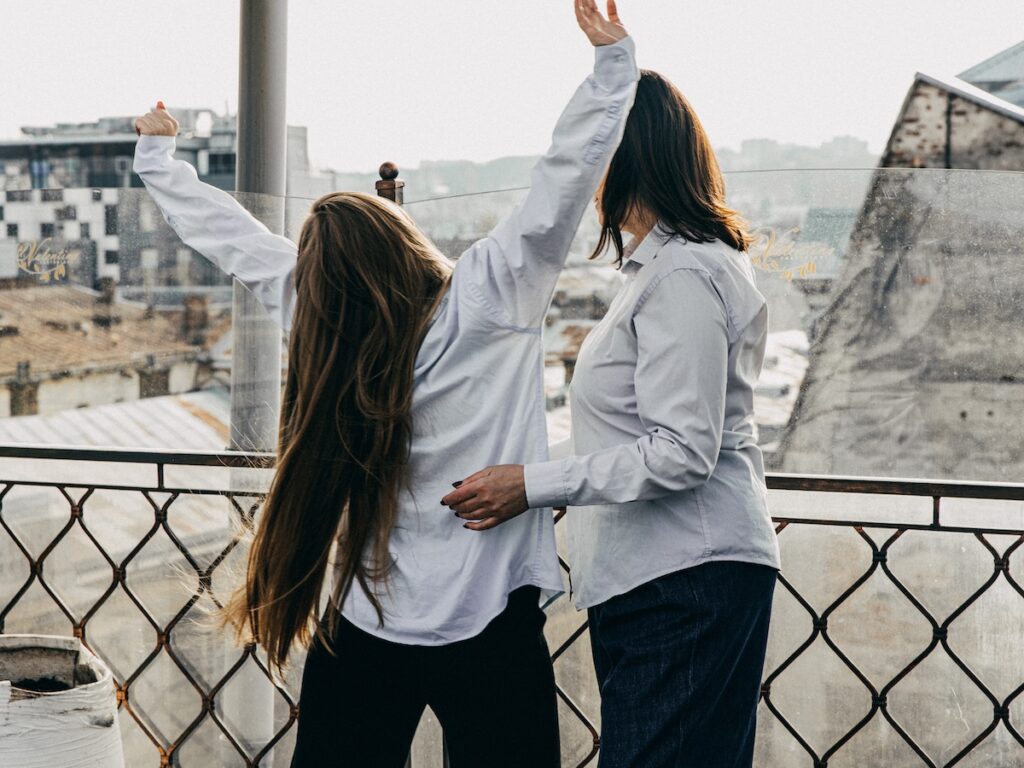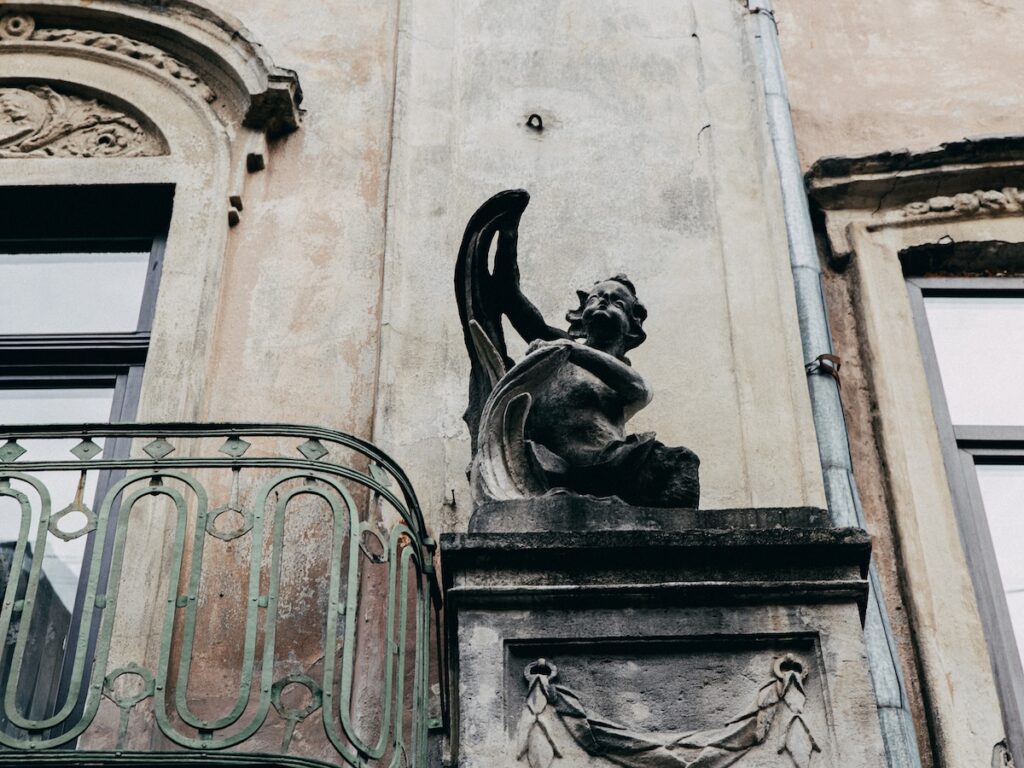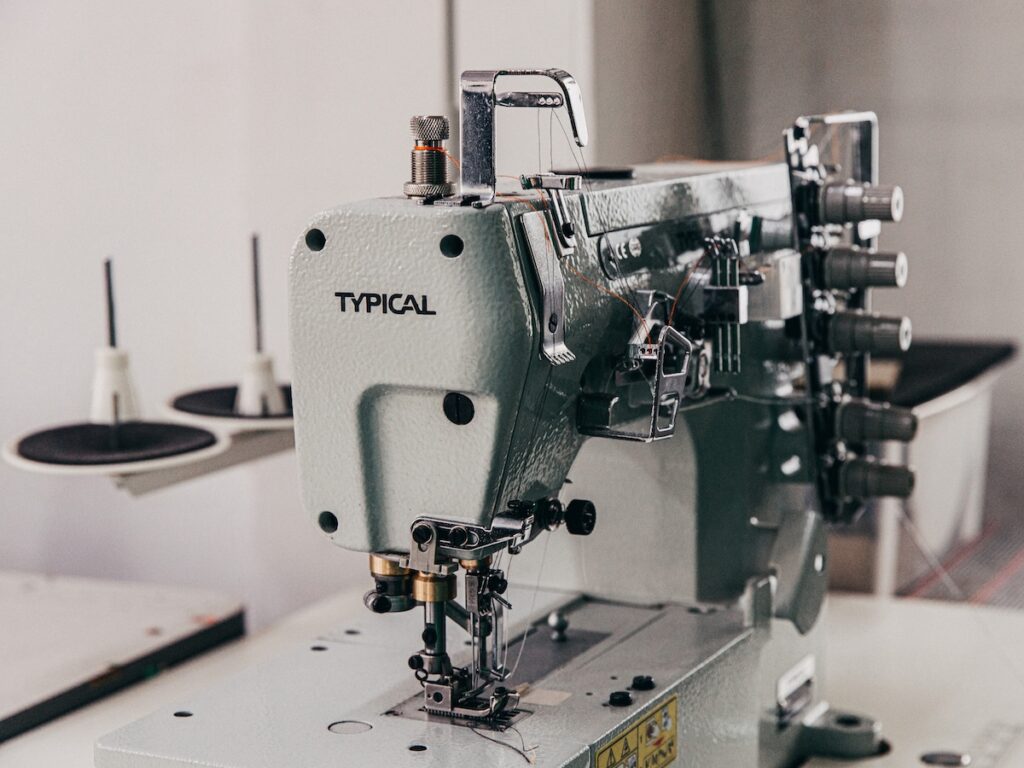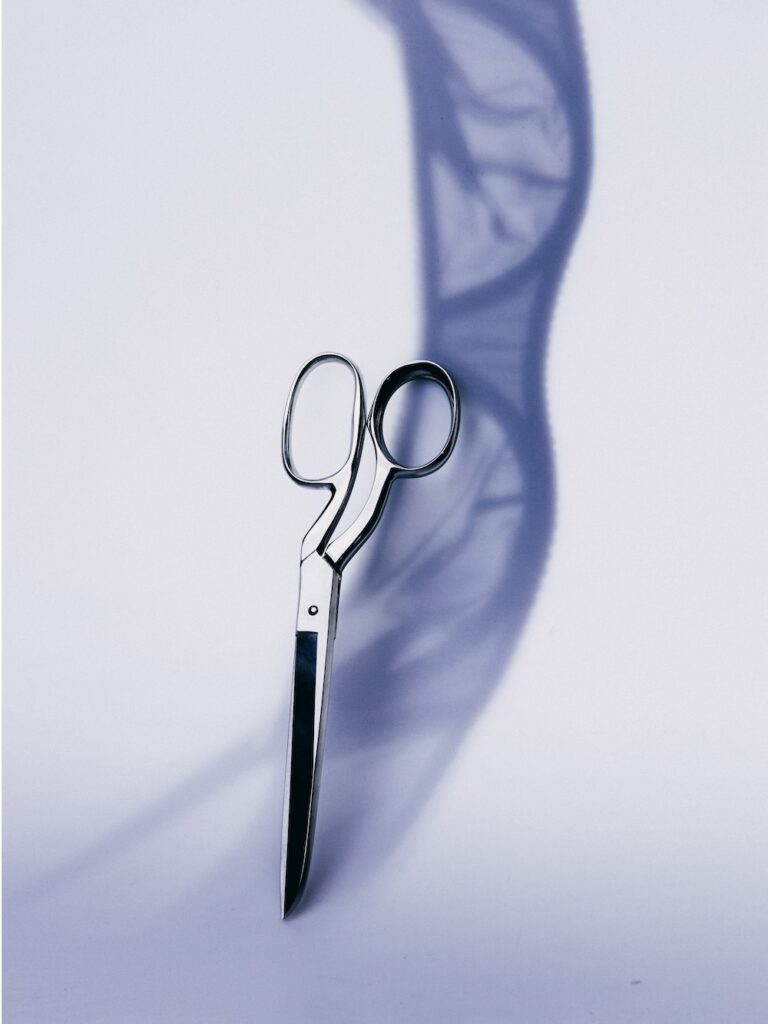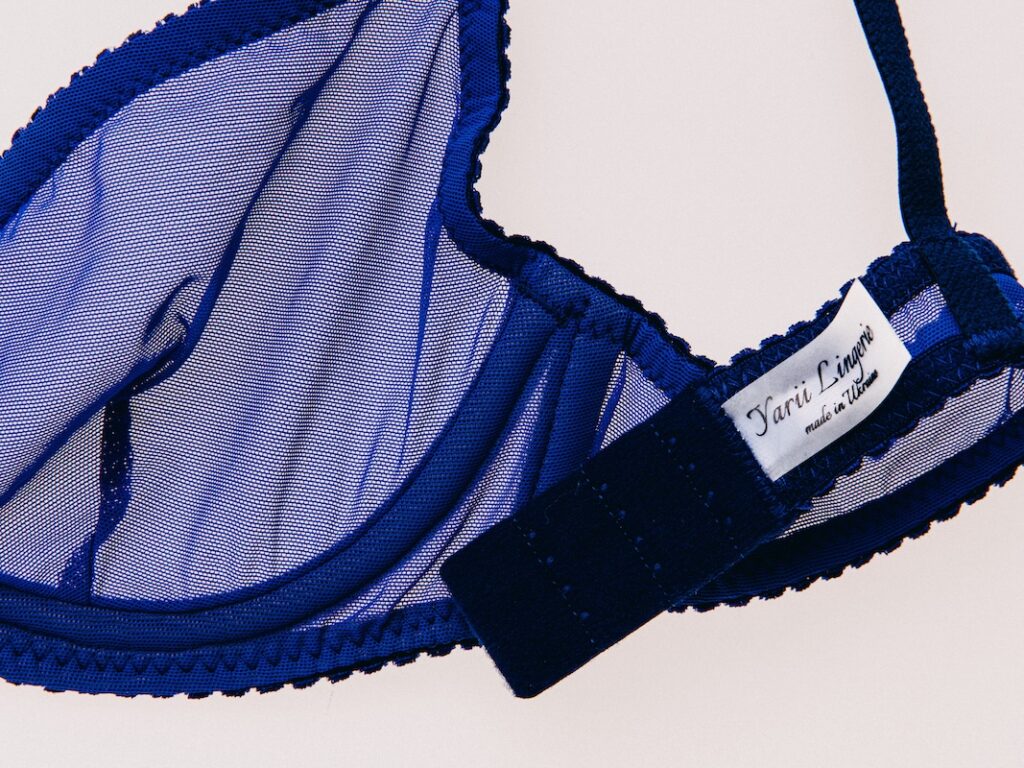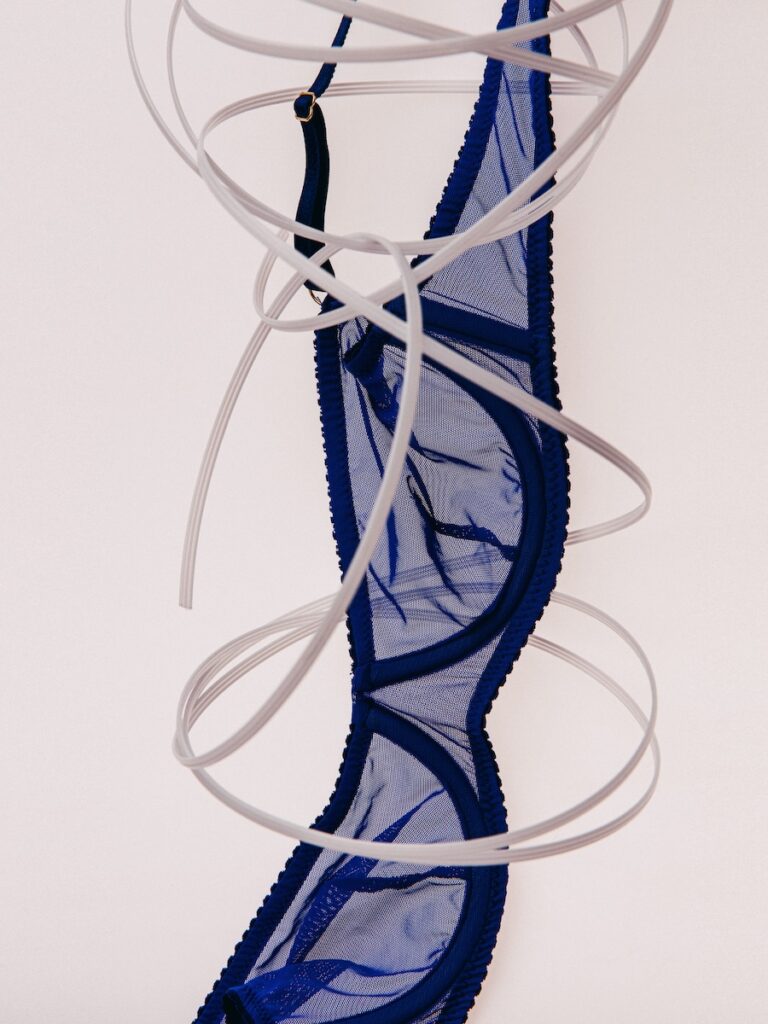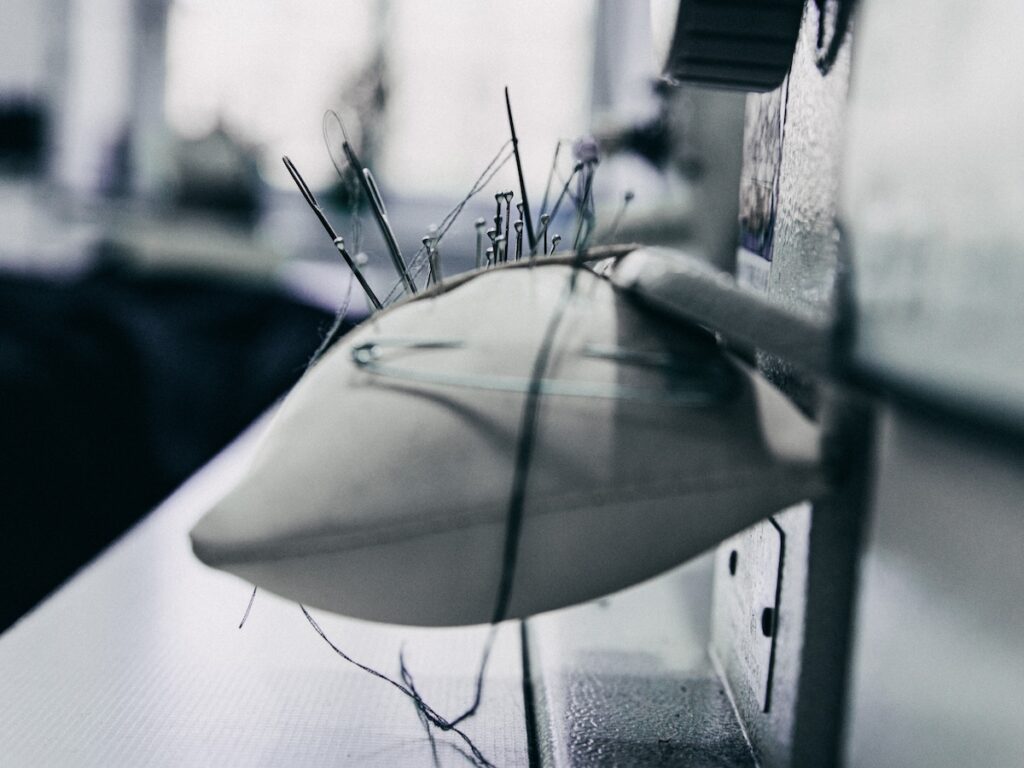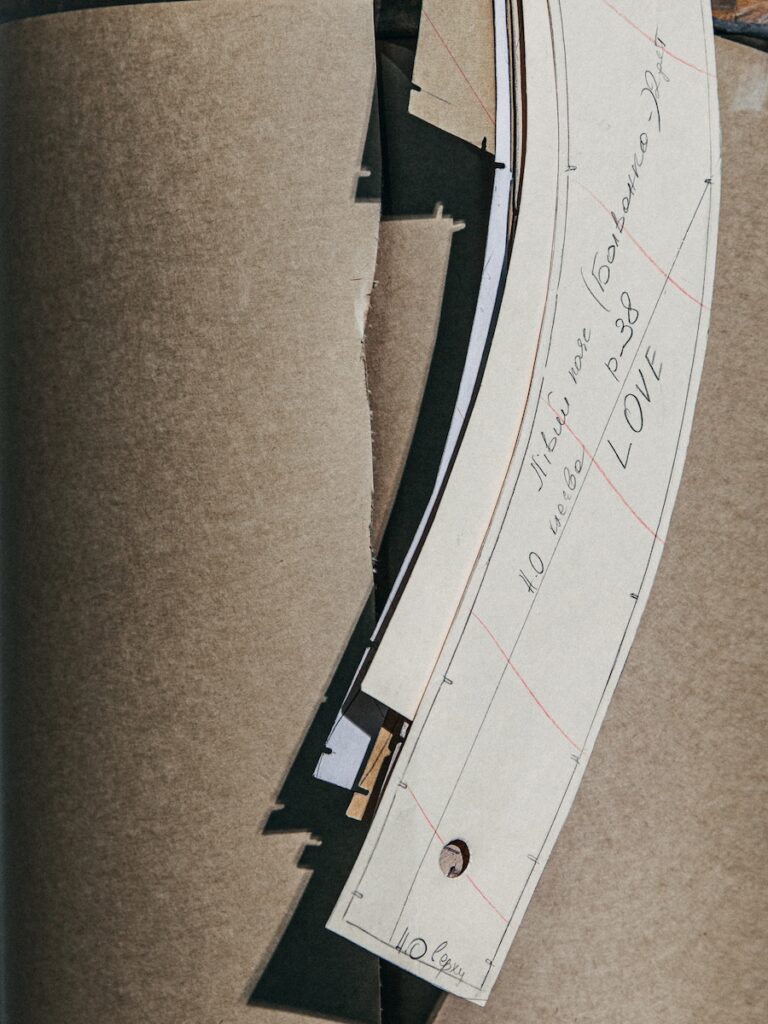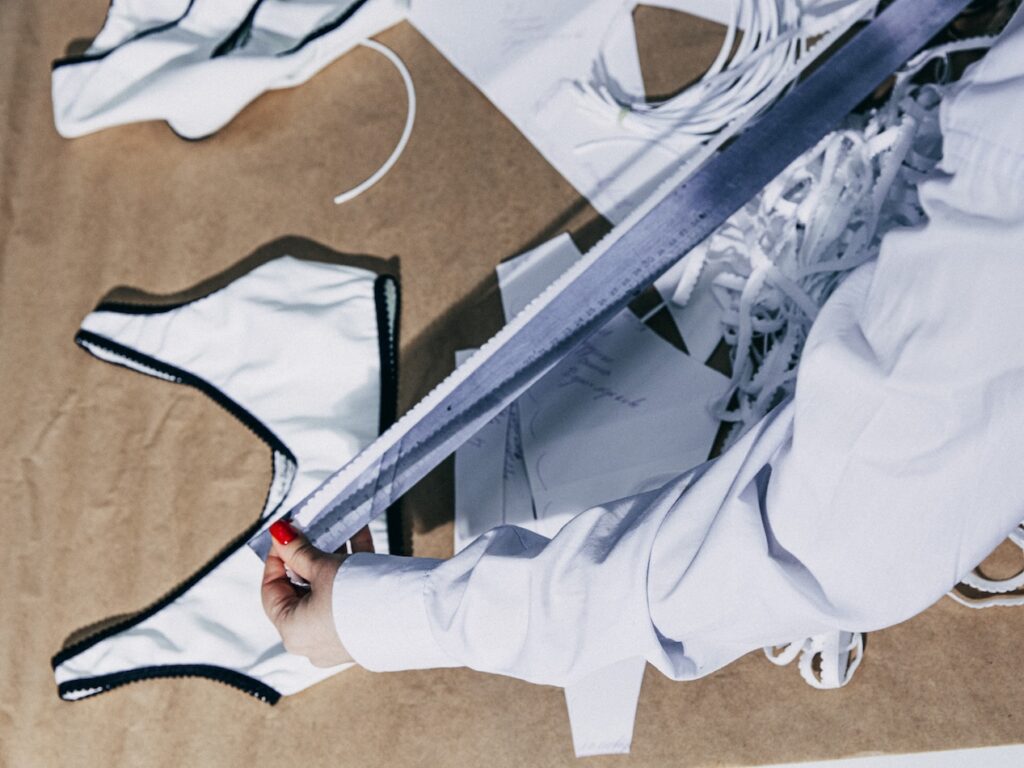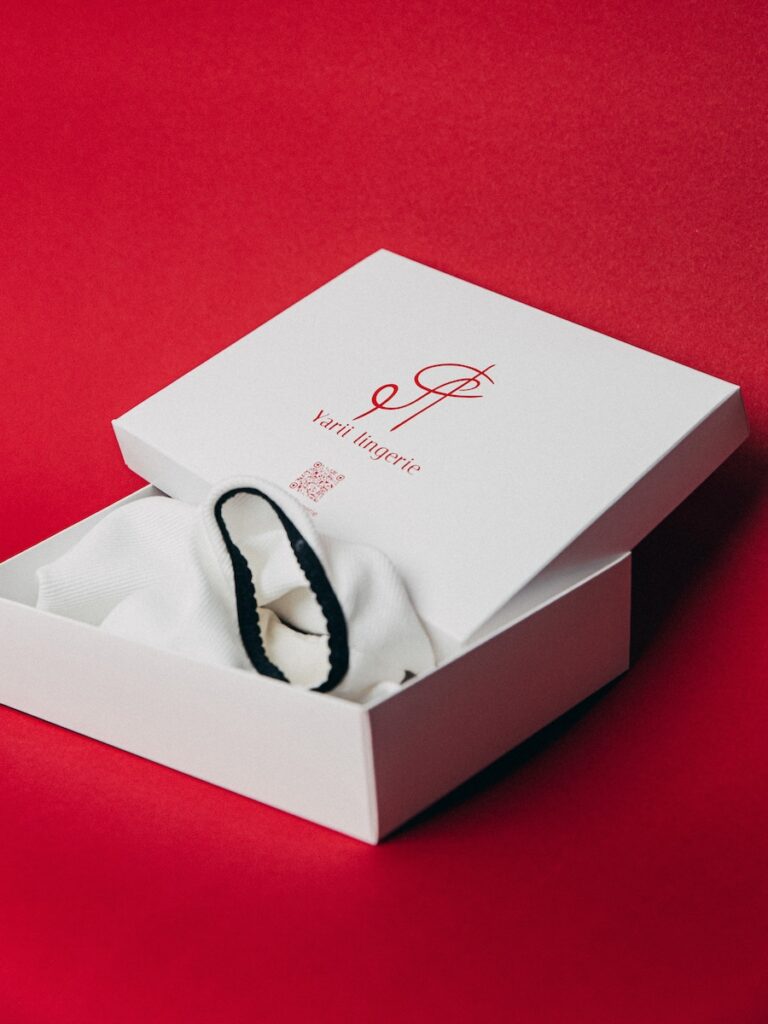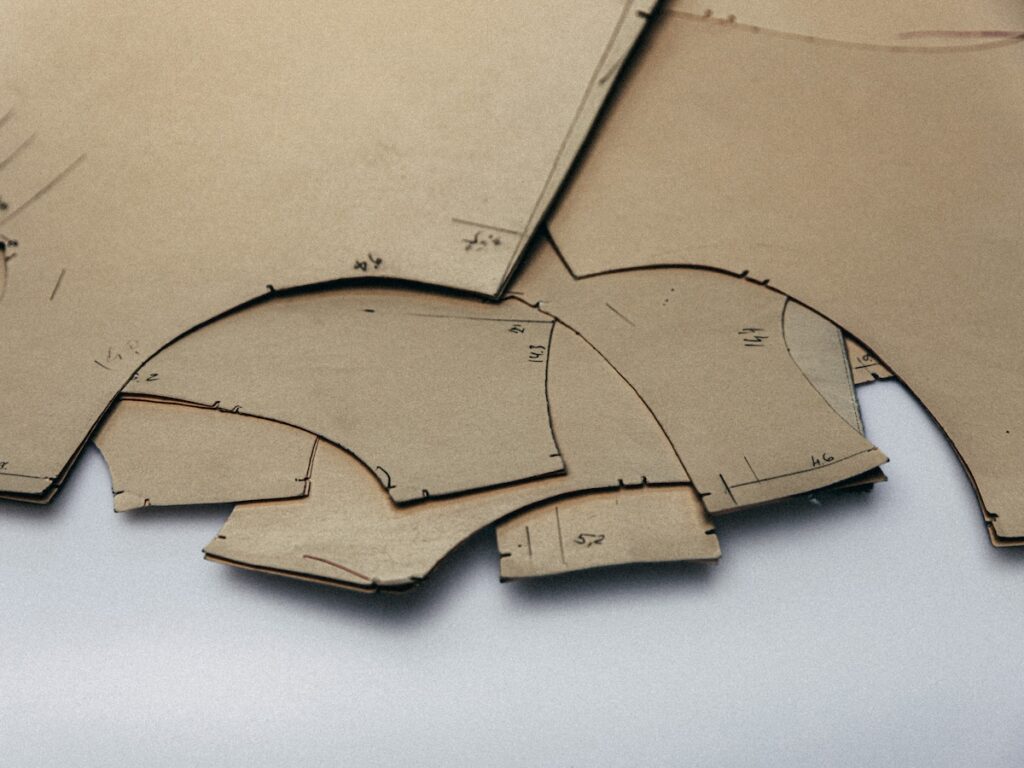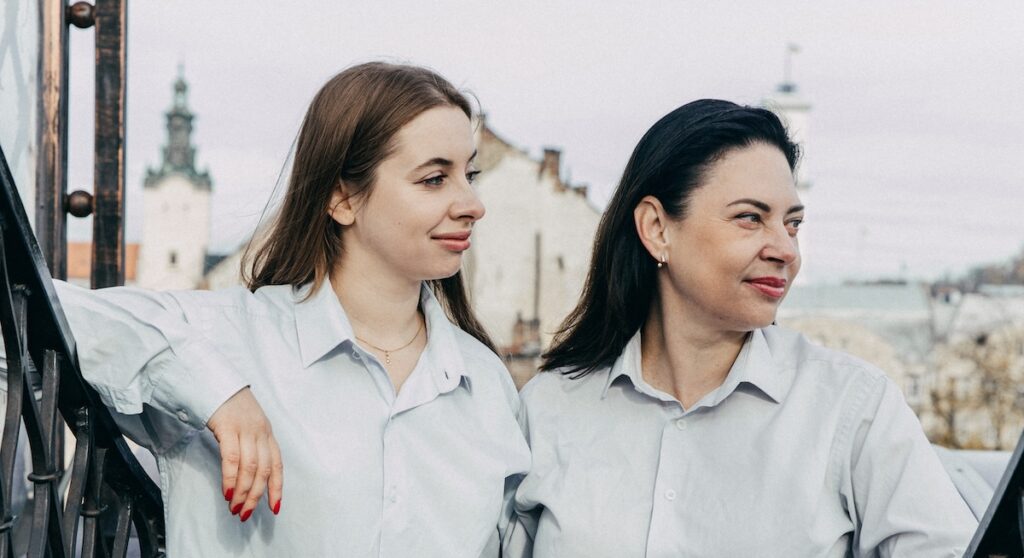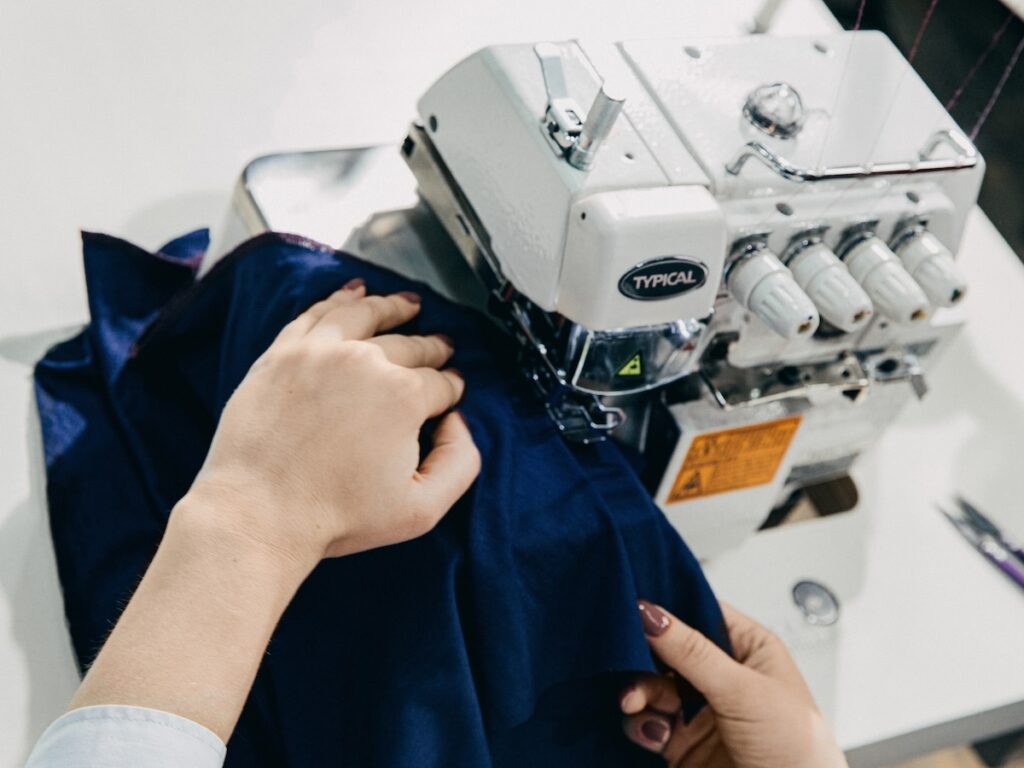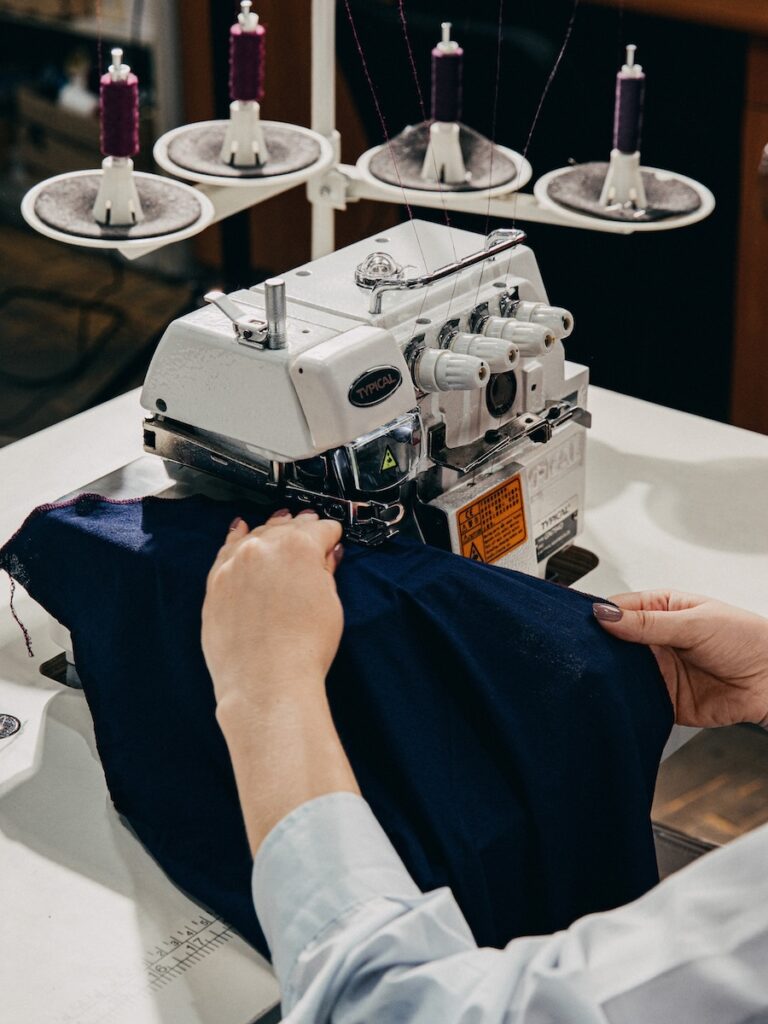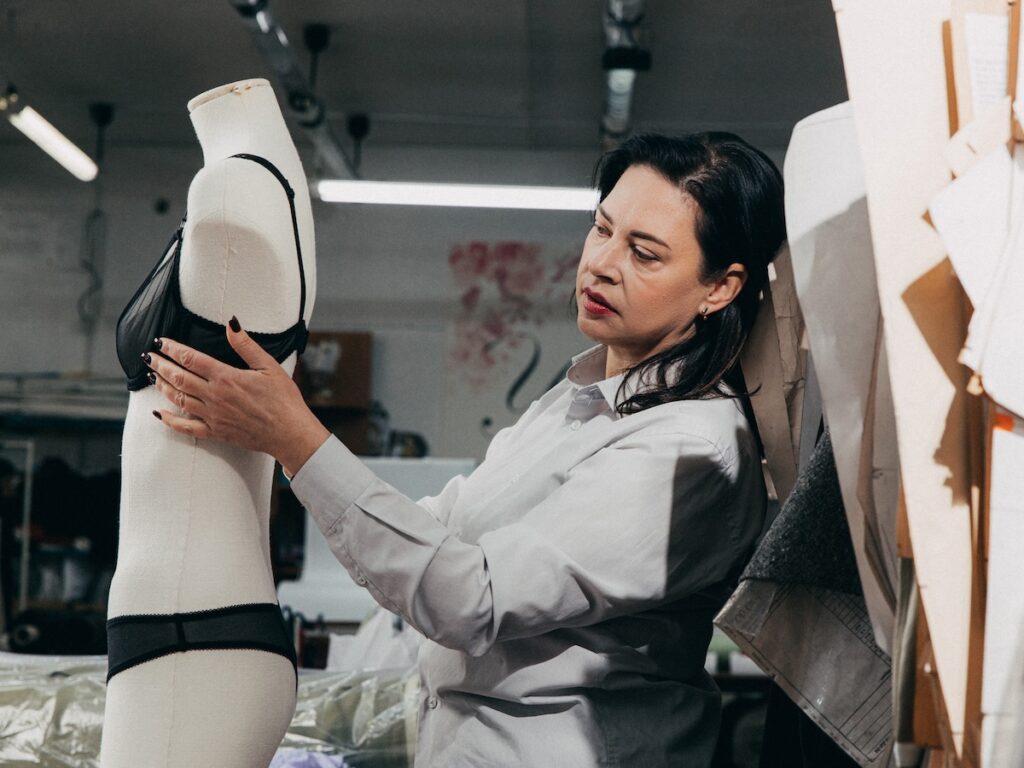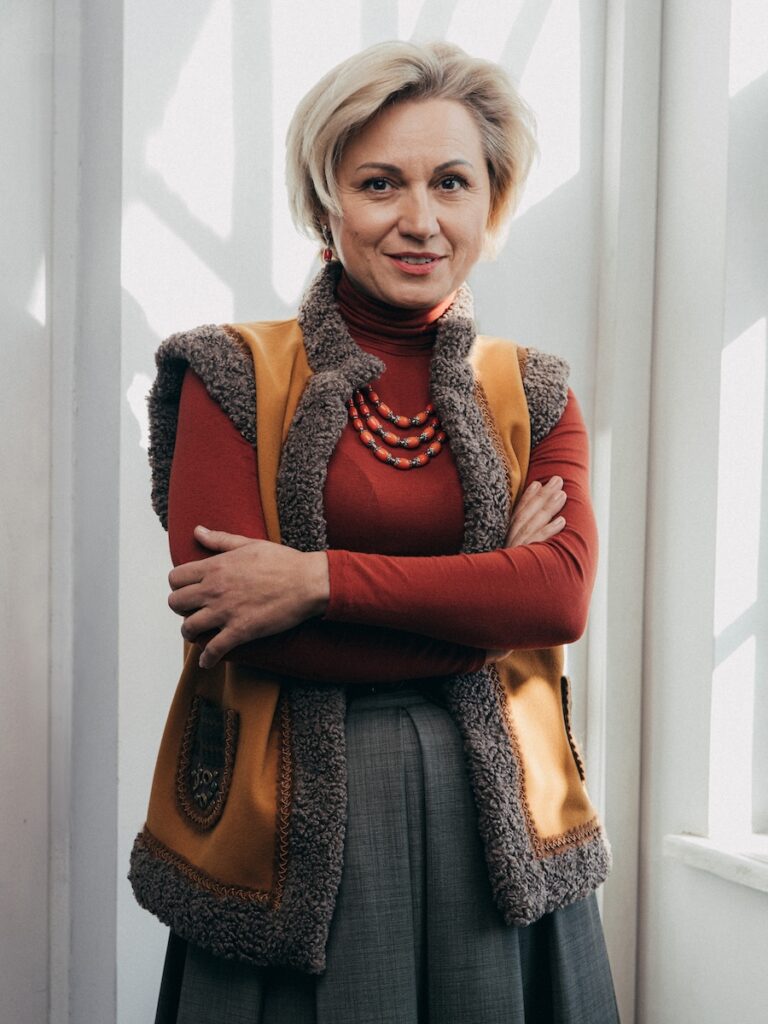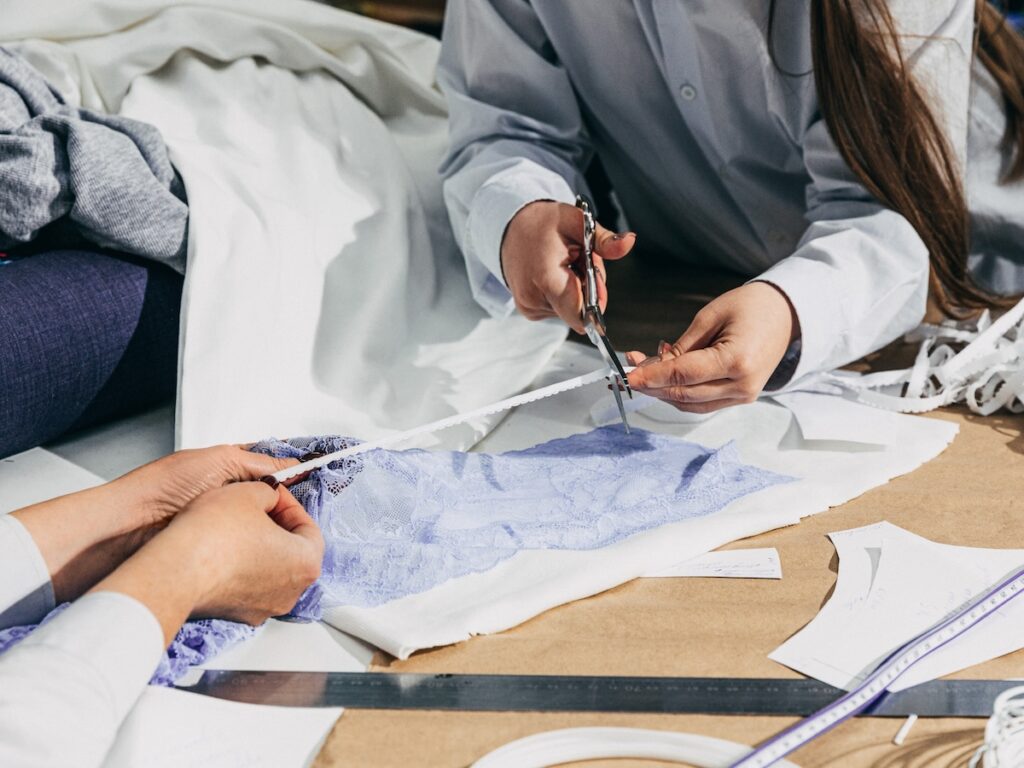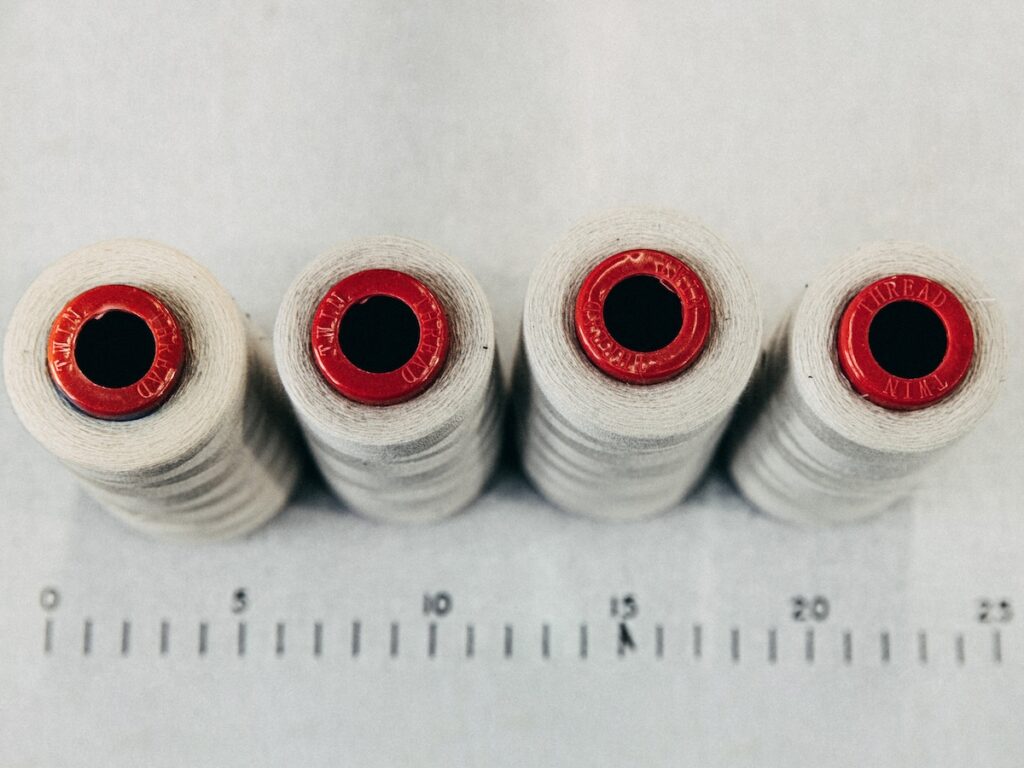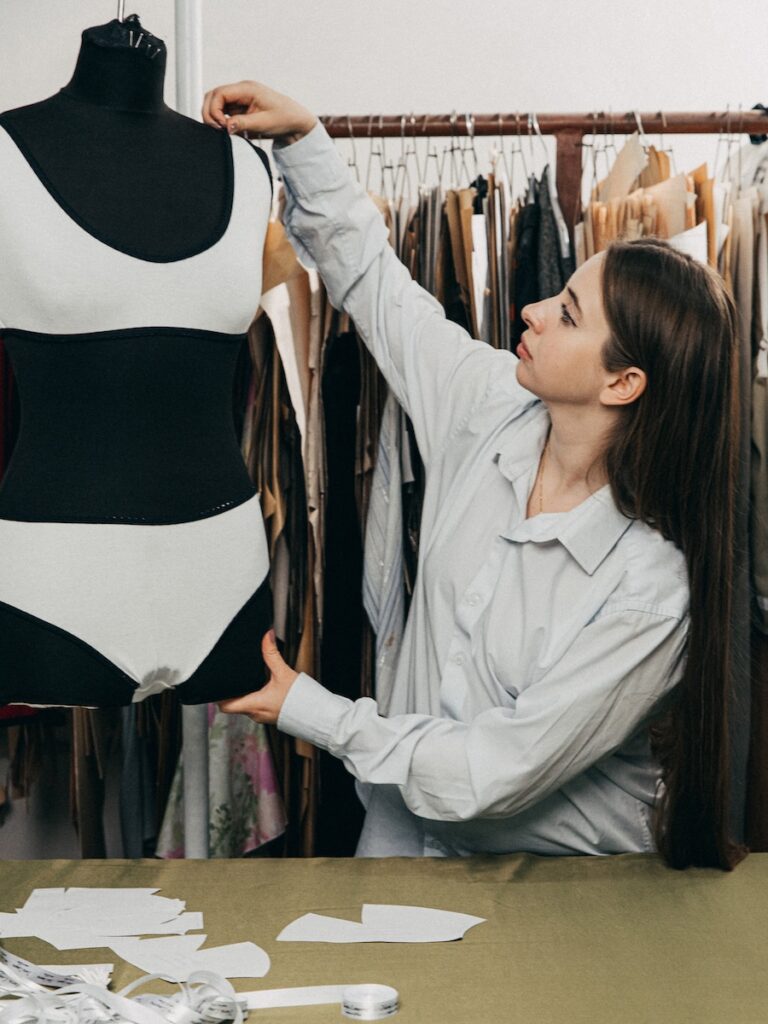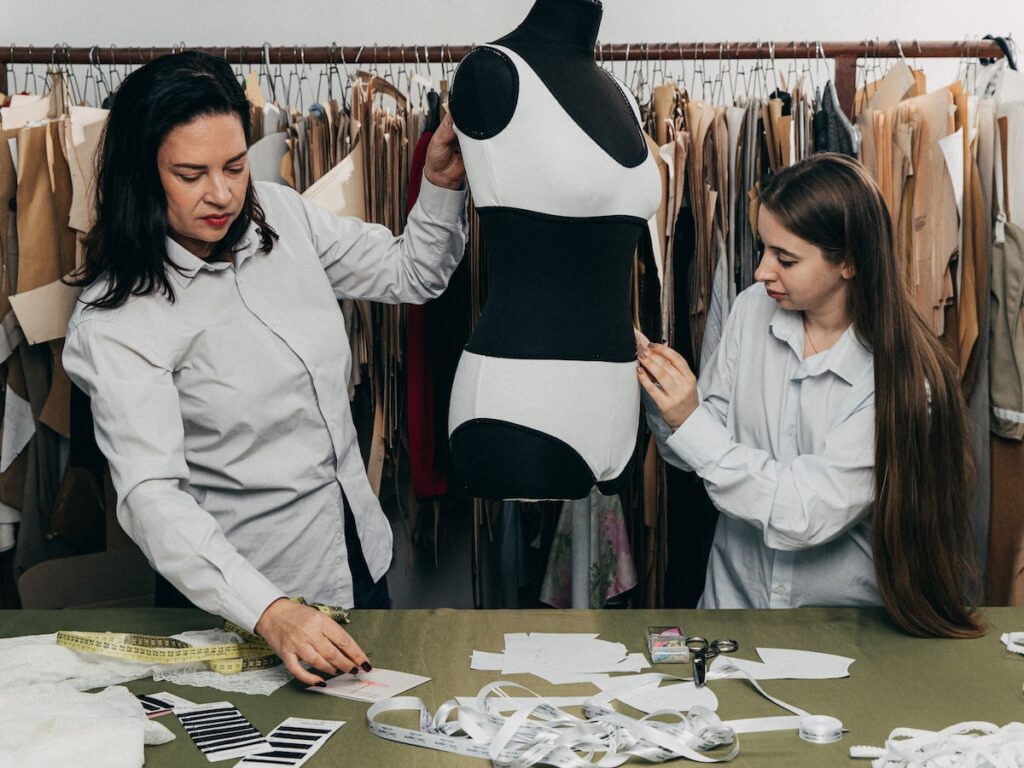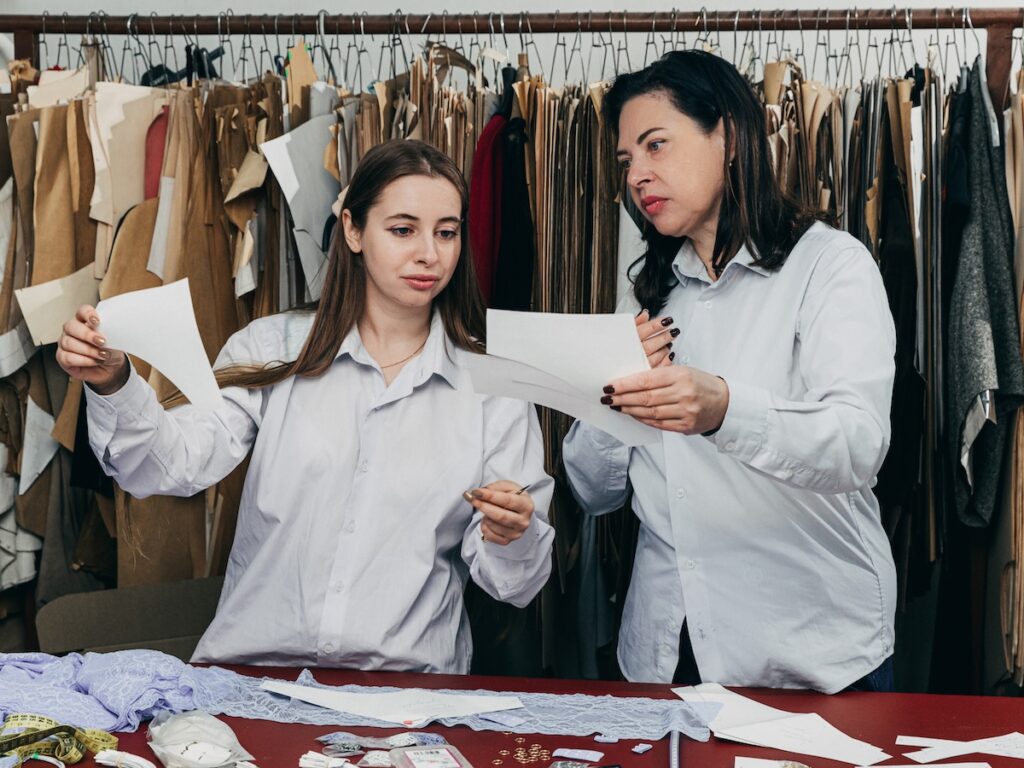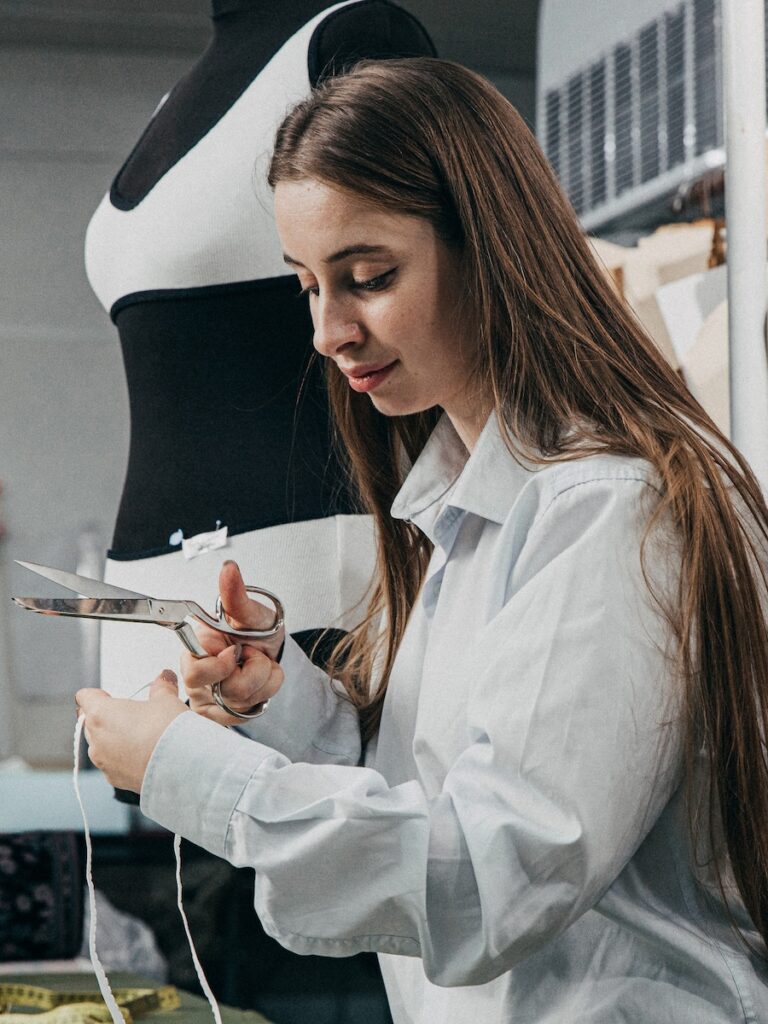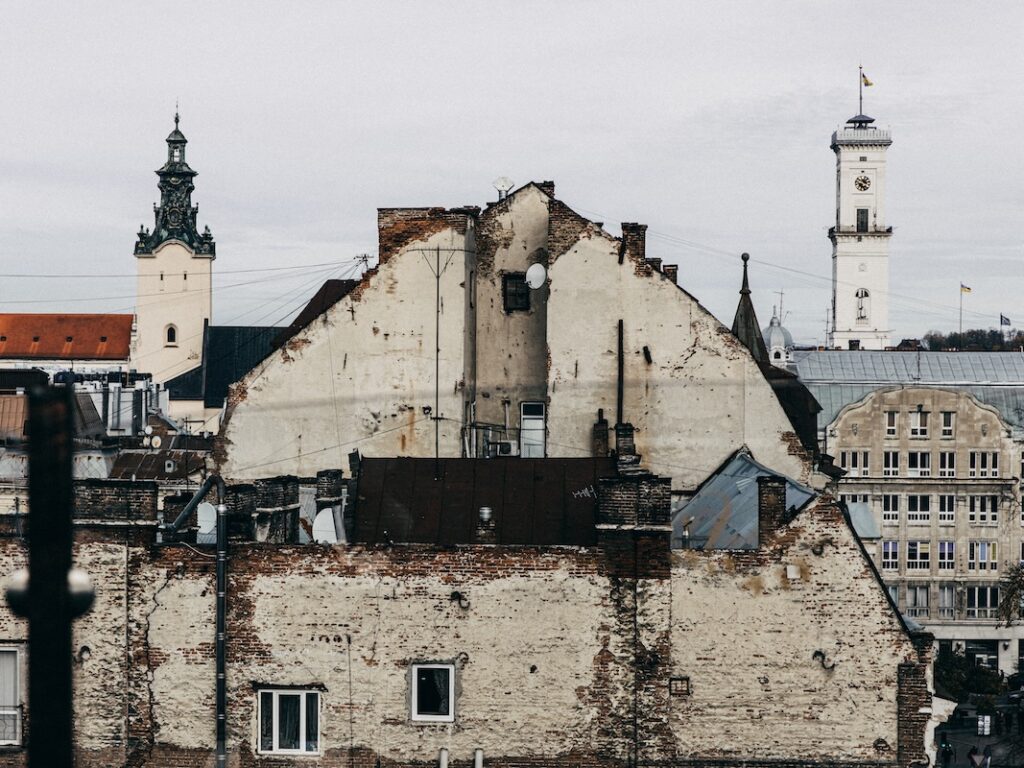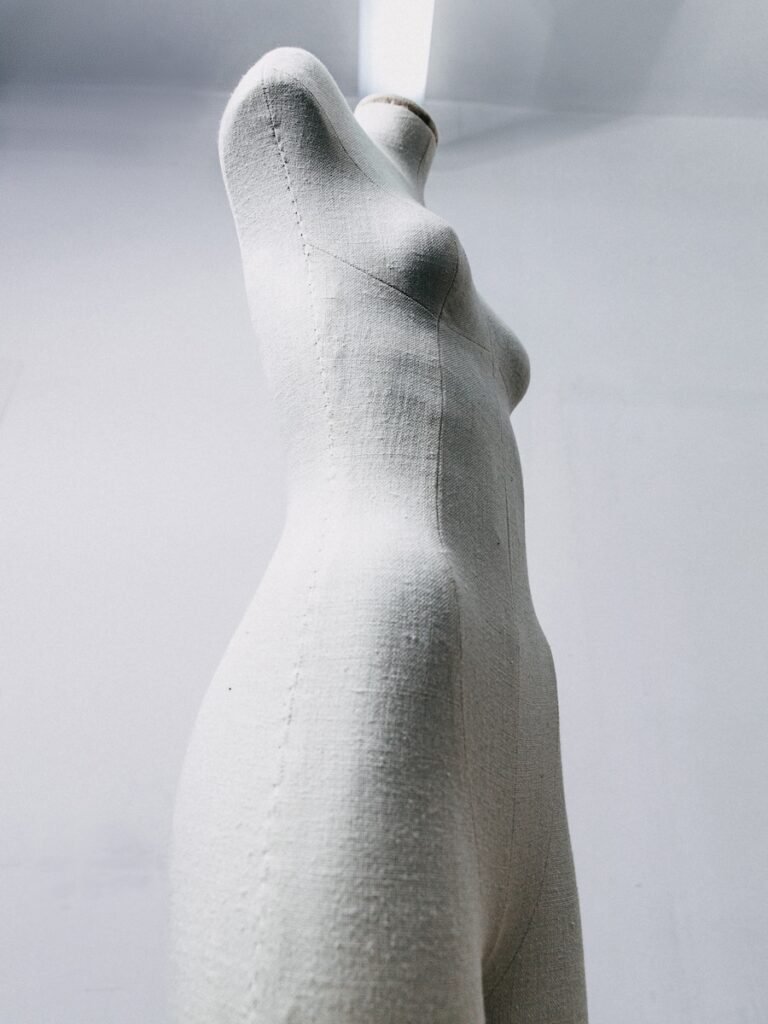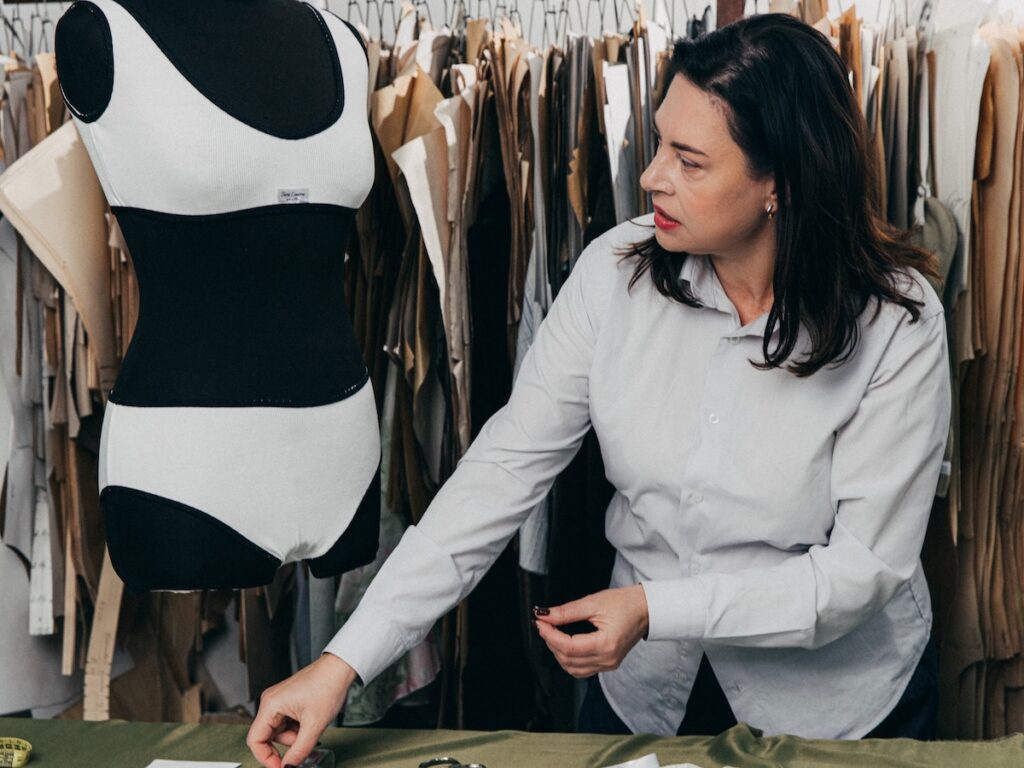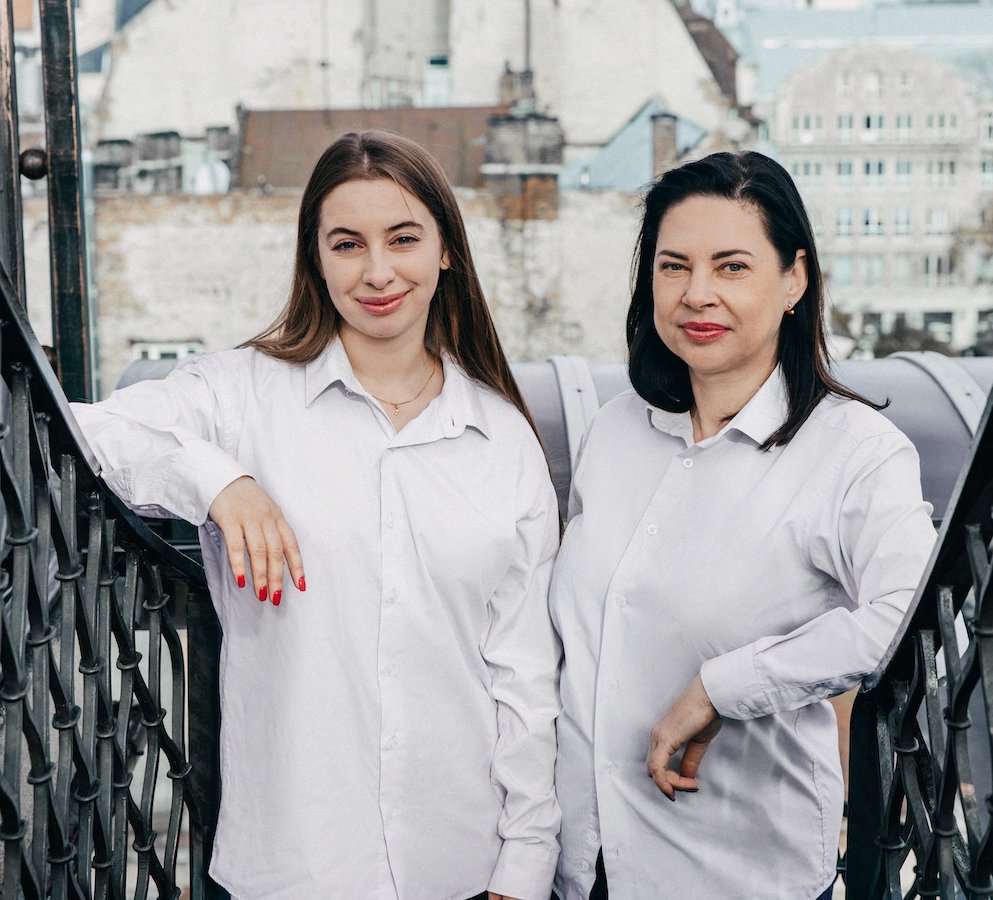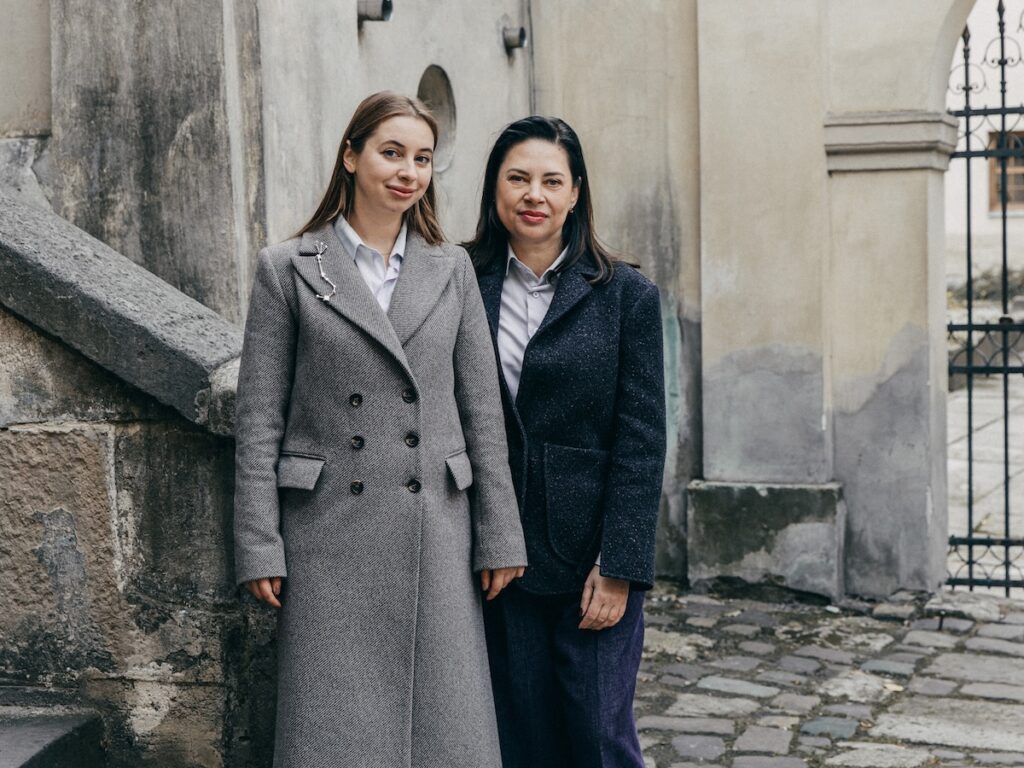Three years into the war in Ukraine, the toll on women and girls remains staggering. As the conflict drags on, it is women and girls who continue to bear the heaviest burdens – displacement, economic instability, heightened risks of gender-based violence, and the daily struggle to keep families safe in the face of repeated attacks.
Despite this, women are not just enduring the crisis – Ukrainian women and the grassroots organizations they lead are mobilizing their communities to lead the response on the front lines. Across Ukraine and neighboring Moldova, women and their civil society groups are providing life-saving aid, protecting the most vulnerable, and rebuilding the social fabric of war-torn communities. Enabling and supporting them is key to any semblance of peace or recovery.
Supporting the transformational work of these organizations has been at the heart of the work of the United Nations Women’s Peace and Humanitarian Fund (WPHF) in Ukraine and Moldova since April 2022. As part of this regional response, WPHF has not only funded immediate humanitarian relief, but also promoted the protection of women and girls, boosted their political participation, and contributed to their long-term resilience and economic recovery.
The powerful stories of WPHF and UN Women civil society partners – women peacebuilders, humanitarians, and human rights defenders working tirelessly across Ukraine and Moldova – make a compelling case for why investing in women’s frontline efforts is so essential to build a lasting and durable peace for all.
Sewing lingerie to support women’s health in Ukraine
“What kind of underwear are our women soldiers wearing?” This question led two Ukrainian lawyers, Iryna Periv and Iryna Andrusiak, to create Yarii Lingerie, a brand of women’s lingerie “created by and for women,” with a deep understanding of their needs and a focus on comfort and confidence.
Three years ago, when Russia launched its full-scale invasion of Ukraine, women and men joined combat with little notice or preparation. Female soldiers had to use men’s ill-fitting uniforms and equipment, including underwear, on the battlefield. It slowed them down and caused multiple health issues.
Equipped only with a household sewing machine and a small supply of fabric and tools, Periv and Adrusiak started to sew.
But everything changed when they received a grant from WPHF to participate in a training organized by The National Network for the Development of Local Philanthropy, a local civil society organization based in Kyiv, in partnership with UN Women Ukraine.
“This funding became our starting capital. We bought high-quality fabrics and the sewing machines we needed. And those machines are incredible! Participating in this project was key to shaping our business-focused approach,” said Periv in a recent interview with Marie Claire Business Ukraine.
In addition to financial support, the grant provided both entrepreneurs with the mentoring and networking opportunities they needed to expand their project and explore new target groups, including teenagers, older women, and those who have undergone a mastectomy. Today, Periv and Andrusiak continue to think creatively about advancing women’s rights through garments, exploring innovative ways to protest the war, fight oppression, and crush gendered stereotypes – even using corsets as manifestos.
“Our goal is to make lingerie about health, not sexualization. We aim to create a collection that is comfortable for everyone,” added Periv.
Delivering life-saving services on the frontlines
Since the early days of the war, LAMPA – a refugee-led organization working with youth in Snovsk, a town in the Chernihiv Oblast – has been providing feminine hygiene kits to internally displaced women and girls as part of a project funded by WPHF and supported by UN Women Ukraine. LAMPA has also created several safe spaces for refugee women in a local library, where they can get career guidance, media literacy, and legal advice.
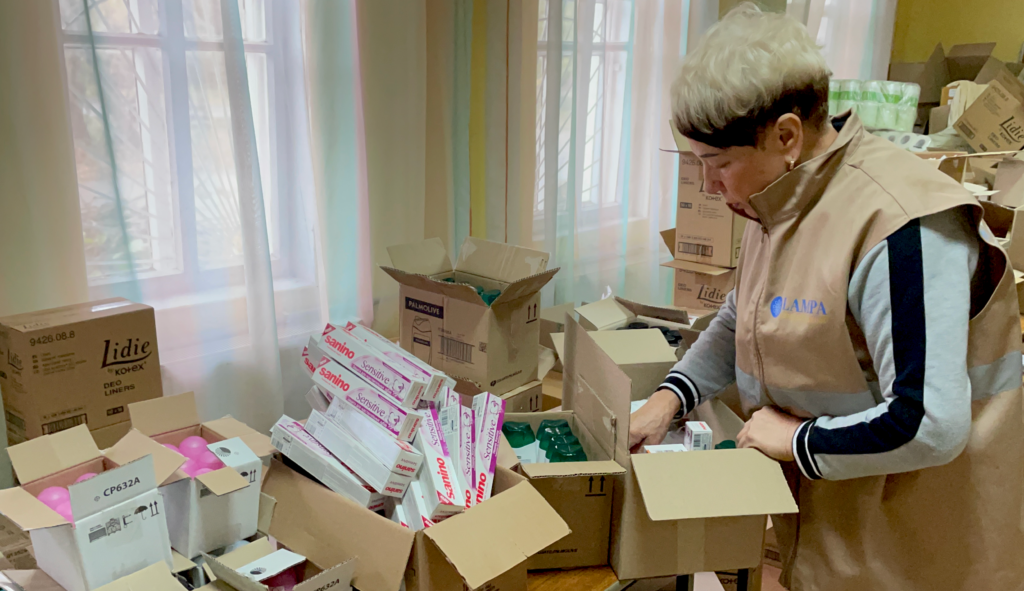
A member of LAMPA, a youth-focused, refugee-led organization working in Ukraine, prepares hygiene kits for displaced women and girls as part of its project funded by WPHF with technical support from UN Women Ukraine. ©LAMPA
Across the border, in Moldova, women-led organizations like the Women’s Law Center have been playing a leading role in responding to the most pressing needs of women and girls fleeing the war in Ukraine, who have lost livelihoods and are vulnerable to sexual violence and human trafficking. Set up by a group of lawyers in the country’s capital, Chisinau, this organization has been training a team of paralegals and other women’s groups to better address cases involving refugee survivors of conflict-related gender-based violence, ensuring they can access shelters, feminist trauma counseling, and legal support.
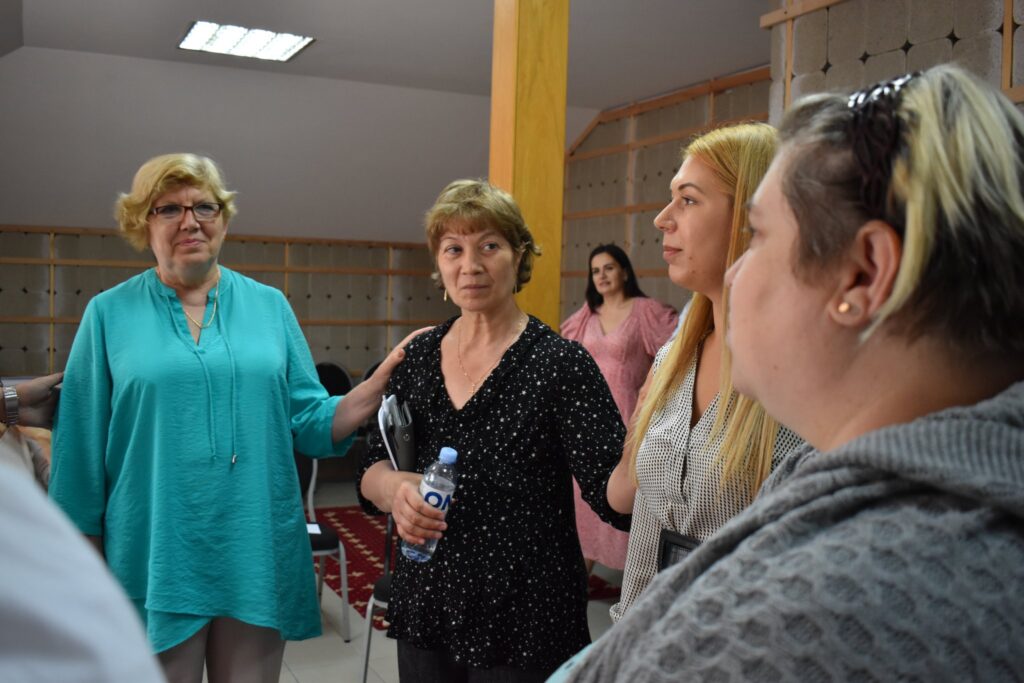
A group of women participate in a workshop organized by the Women’s Law Center, a local civil society organization founded by a group of Moldovan lawyers in 2009, with support from WPHF and UN Women Moldova. ©Women’s Law Center
Ensuring no one is left behind in Ukraine’s education crisis
It only took a few weeks for Olesia Bozhko, a former diplomat and founder of Space of Knowledge, a Kyiv-based civil society organization working on learning innovation, to realize that Russia’s war on Ukraine was also a war an education. After years working to improve the country’s education system, often stuck in post-Soviet practices, she saw her dream fade as thousands of educational facilities, including schools and kindergartens, were destroyed by Russian attacks, jeopardizing the future of millions of Ukrainian children. As of June 2024, UNICEF reported that around four million children continue to face disruptions in their education, with approximately 600,000 unable to attend school in person at all.
“Since the first days of the conflict, our focus was on Ukrainian children, especially those who had to flee their homes due to the war, and teachers, who are often overlooked by relief and recovery programs,” she explained.
With support from WPHF and UN Women Ukraine, Bozhko and her team created an online school to meet the urgent education needs of displaced children while creating opportunities for teachers, most of whom are women, to continue working, even in the midst of war. The online school also provided psychosocial support to both children and teachers, whose lives had been dramatically altered by the war.
“In conflicts like the one we’re living in Ukraine, education becomes one of the most powerful tools to inspire hope, strengthen communities, and foster peace,” Bozhko said. “I know how bright our kids are… The stability and prosperity of Ukraine rely on them,” she added.
Learn more about WPHF and its strategic partnership with UN Women in support of local women’s civil society organizations and women human rights defenders in Ukraine and around the world at wphfund.org and follow @wphfund to stay engaged.
